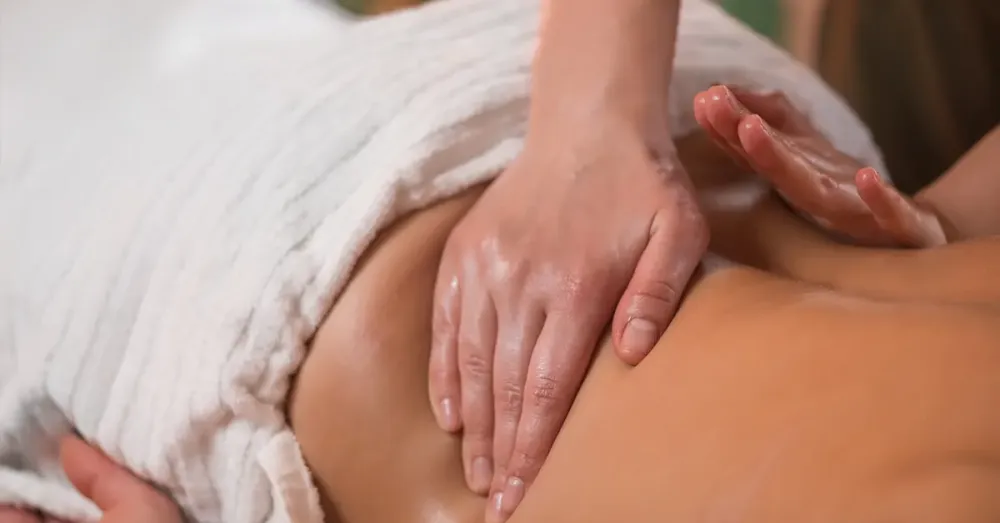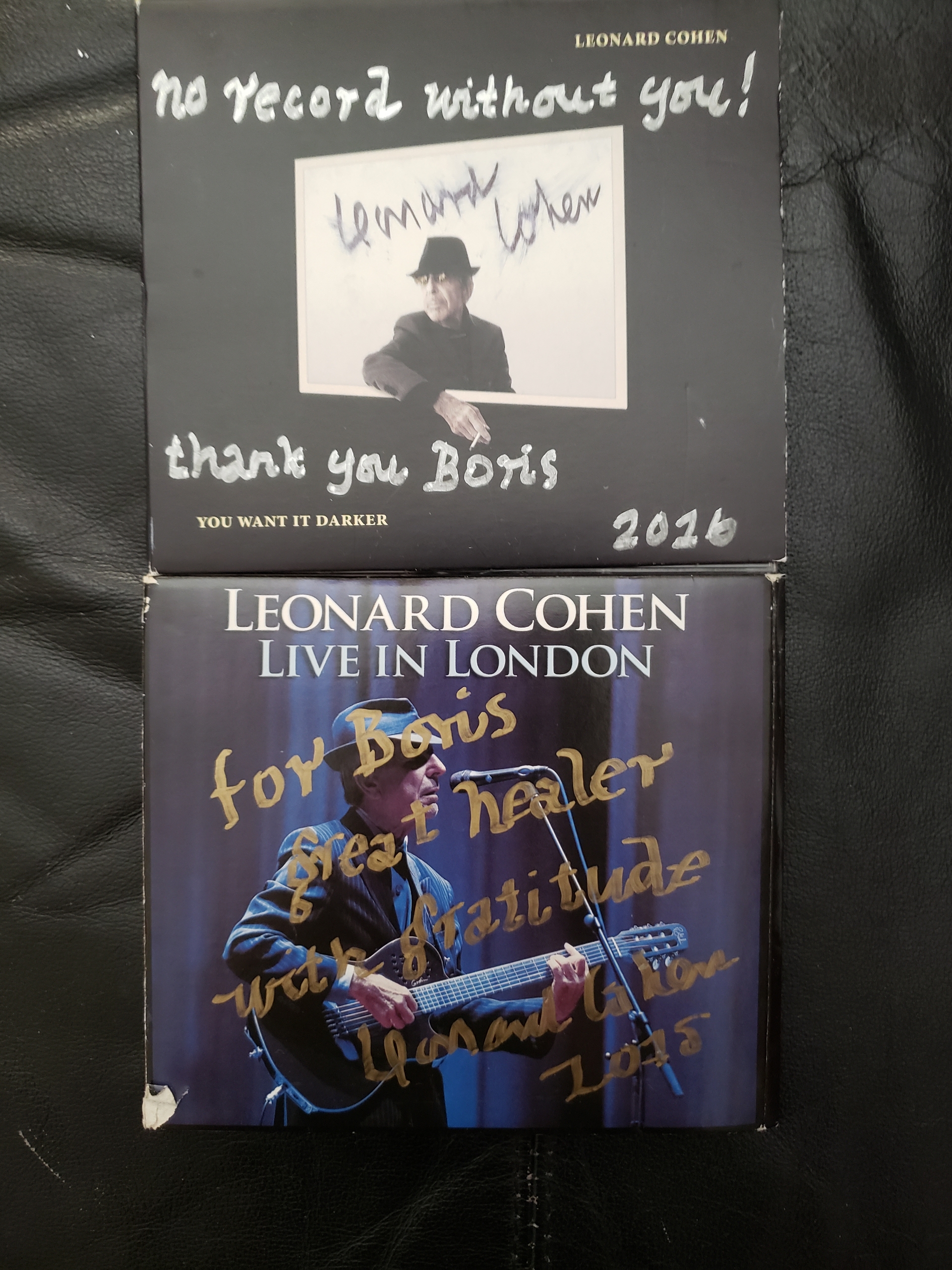Miracles and Mysteries in the Field of Massage – Part 2
November 09 2025

To read: “Miracles and Mysteries in the Field of Massage – Part 1,” click the link below.
https://www.medicalmassage-edu.com/blog/miracles-and-mysteries-in-the-field-of-massage-part-1.htm
From the Author
Any writing about massage practice should, by nature, be educational — but no less important, it should also inspire discussion: agreements, disagreements, and different points of view. Personally, whenever I participate in discussions or listen to others exchange ideas, I always learn something new — including developing analytical abilities and broader perspectives.
Last Sunday, early in the morning, I published Part 1. By afternoon, I received a call from a retired board-certified internal medicine physician whom I’ve known and respected for 25 years. Years ago, we were members of a close-knit integrative medicine group. Our discussions were always lively and intense — not only with me but with everyone who posted in that group. He was famous for his constructive criticism and thought-provoking suggestions on how to view medical phenomena and improve our approaches.
To give you an idea of his personality: he graduated from medical school in Tehran, Iran, and often criticized how relaxed medical education can be elsewhere. He used to say, “While other students went to bars, I studied 24/7 and had no time for a personal life.” Once, I asked him, “Are you suggesting that you’re a better doctor than graduates of American medical schools?” He always had a thoughtful, reasonable answer.
Our most recent conversation began with him saying, “You stretched it too much — hold your horses.” He was referring to the following sentence from Part 1:
“Currently, there is no treatment methodology in healthcare — neither in medicine nor psychology — comparable in power to what massage therapy can achieve. Massage therapy not only manages symptoms but can also lead to complete rehabilitation, preventing the development of degenerative brain diseases and helping people return to normal life.”
As always, I thanked him for his critique. Then I asked him to name even one treatment methodology in healthcare that could compete with massage therapy’s healing power in cases of chronic stress–related disorders. He replied, “Let me think — I’ll write to you with examples.” Four days later, I’m still waiting for his response. If he writes, I’ll post it. But knowing him, if he can’t provide an example, he’ll call and say, “You were right.”
Taking the opportunity, I asked if he agreed that the American population is suffering from a post-COVID pandemic of chronic stress–related disorders. He said yes — and hearing this from such a detailed, analytical physician meant a lot to me. His agreement strengthened my resolve to keep working on this issue.
Of course, he didn’t stop there. He continued to criticize: “Do you realize that you’re claiming to treat MS after somewhat succeeding with one patient?”
My answer was, “That ‘somewhat’ means she’s back to a normal life. But I never claimed that massage is a treatment for MS — possibly she suffered from a chronic stress–related illness.”
I explained that if an MRI had been performed before she came to me, I might never have had the opportunity to help her. And if her case had been primarily stress-related, she might have been prescribed MS medications or infusions that could have made no real difference — but would have exposed her to potential side effects. I added that if her neurologist still decided to prescribe MS medication, her current improvement would provide a new perspective on how to observe and evaluate the treatment response.
Dear friends, nothing in medicine is written in stone. Whether we agree or disagree, open discussion is a great way to advance both clinical thinking and hands-on performance.
Mysteries in Massage Practice
In 2014, I received a call from an oncologist I knew well. He asked me to see a patient suffering from severe lower back pain. When I asked for the diagnosis, he said, “Leukemia.” Normally, I don’t make house calls, but he insisted.
His secretary called to give me the address, and somehow I didn’t recognize the name — Leonard Cohen. When I arrived, I saw a very sick, frail man in terrible pain. I said, half-jokingly, “By the way, your name is very famous,” to which he replied, “Who would that be?” Many years later, I still remember that moment — because it truly was my favorite songwriter and singer, Leonard Cohen.
I apologized for not recognizing him. Then I began treatment, applying the lumbalgia protocol. He reported some relief after the first session. Two days later, I saw him again. After about seven treatments, his pain was under control and he could walk short distances.
During those first three weeks, we developed a kind of friendship and often spoke about our lives. Leonard was a unique person — God bless his memory. It’s rare to meet someone with such strong convictions yet such deep respect for others’ opinions, even when they were completely opposite his own. If I had to describe him in one word, it would be respect — respect for people and their beliefs.
When I told him we could take a short break and schedule maintenance sessions in two weeks, he said, “Let’s not stop — please continue.” Then he added, “My back is much better, but I feel like your treatments are doing something good for me overall.”
We continued twice a week, sometimes three times a week, for about 4 months. Then the referring oncologist called me, surprised and almost in disbelief:
“What are you doing to this man? He couldn’t gain weight before — now he’s gaining weight! That’s against everything we expect.”
I replied, “Usually I can explain good outcomes scientifically, but not in this case. Still — who cares how it works, as long as it works?”
It was truly a miracle and a mystery. Leonard began to regain muscle mass, his appetite returned, and he became more physically active.
One day, he mentioned his favorite cheese from Montreal — a strong-smelling, high-fat French cheese he hadn’t eaten since becoming ill. Normally, I enjoy almost any food, but when I saw (and smelled) this cheese, I hesitated. Still, I tried it out of curiosity — and it wasn’t bad! I encouraged him to eat as much as he wanted and, just as importantly, to drink plenty of fluids.
During one of our talks, I told him, “You’re a poet — it’s impossible that there’s nothing brewing inside you. Why not create one more album?”
He said, “Boris, you don’t understand. Making an album takes a lot of work. I can barely walk half a block.”
I replied, “I’ll keep treating you. When you can walk two blocks without pain, it’ll be time to make that album.” He laughed, extended his hand, and said, “Deal. If I can walk two blocks, I’ll make the album.” I said, “Twelve songs — is that too much?” We agreed on eight or nine songs, shook hands, and laughed about our ‘contract.’
I eventually forgot about it, but as weeks went by, he grew stronger. One day, about three or four months later, he said, “Boris, remember our handshake deal?” I said, “Of course.” He smiled and said, “It’s done.”
“What’s done?” I asked.
“The album. Would you like to hear it?”
It was a powerful moment. He pressed a button on his laptop, and I heard “You Want It Darker.”
I’m no music critic, but that evening we spent three hours listening to every song, analyzing the sound, emotion, and power of his performance. Until today, I still listen to that album.
Leonard didn’t die from leukemia. He fell one night and sustained a head injury. At his memorial, a close friend from Italy shared how Leonard had missed their usual late-night conversation — and later told him about the fall.
The oncologist who referred me to Leonard also attended the memorial. He told me, “Boris, I believe if not for that fall, Leonard could have lived many more years. It’s a miracle and a mystery. He told me your treatments gave him the energy to make his final album.”
I replied, “Leonard told me the same — he said that without my treatments, the album would never have been made.”
I wish he hadn’t fallen. Who knows how much longer he might have lived? He was feeling good, gaining strength, and even told me, “Boris, if you come with me on tour, I’m ready.” It was an open question — six months on the road — but maybe, just maybe, I would have gone.
In Part 3, we will discuss a few more mysterious cases from massage practice.

Add New
Comments
no comments found
Recents Posts
February 16 2026
Medical Massage in Cases of Long COVID and Chronic Stress–Related Disorders – Part 2
January 25 2026
If you don’t know how to do something, then don’t do it
January 19 2026
Chronic Stress and Autoimmune Diseases
January 12 2026
Discover the Magic That Happens When Science Meets Touch





